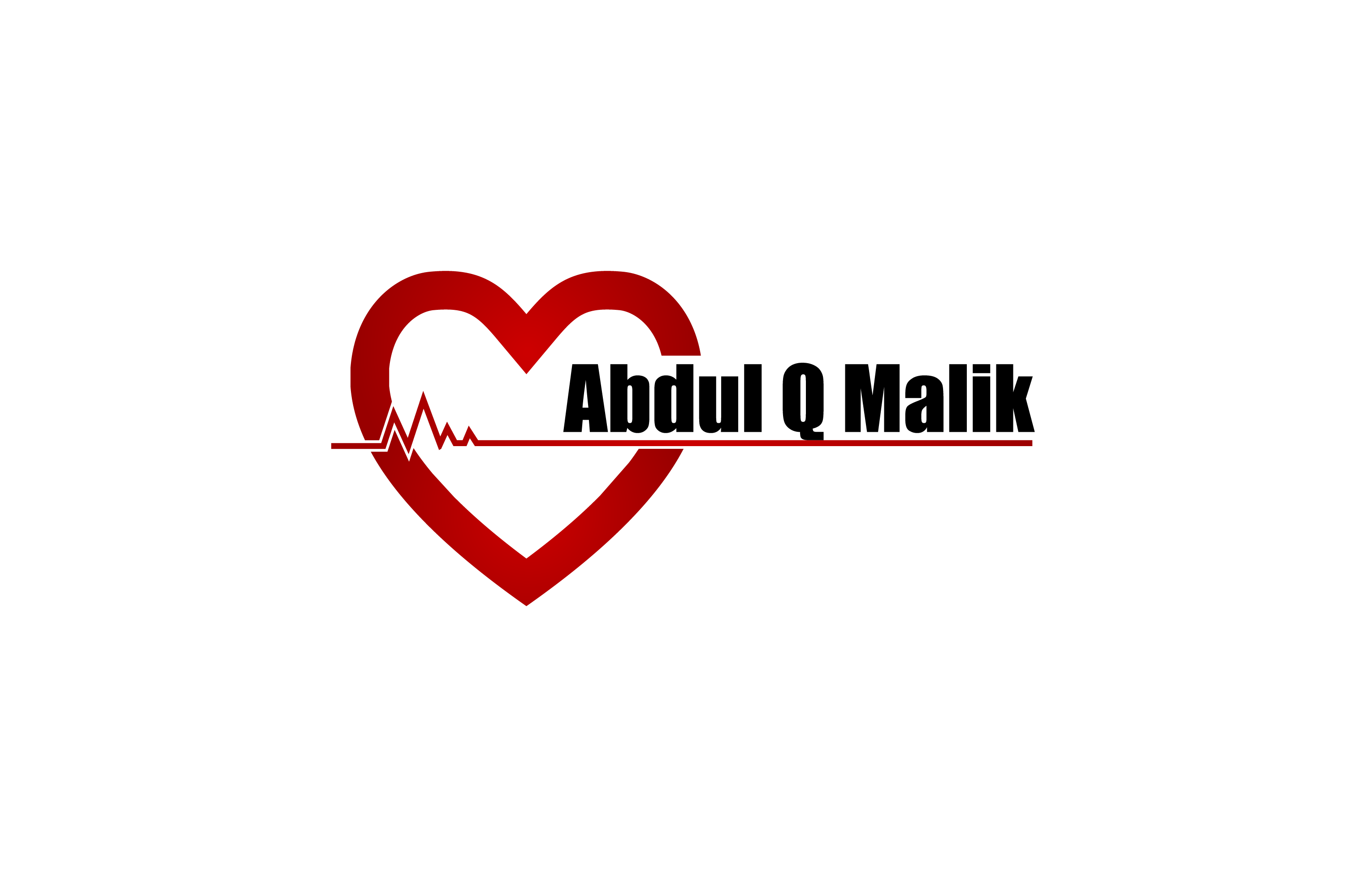Get Treated for Congestive Heart Failure in Brooklyn
Congestive Heart Failure (CHF) is a condition that occurs when your heart is not pumping blood as efficiently as it should. This is often the result of other conditions that affect the heart, leaving it too stiff or too weak. This condition can often be helped with the right treatment.
Four Stages
CHF is diagnosed into one of four stages. Each stage, starting with A and going through D, is increasingly worse. In the early stages (A-C), many of the problems are correctable, but not all of them. Stages A and B are two stages that develop prior to actual heart failure. The C stage is after heart failure, but it can be treated and in most cases you may return to a normal life. The D stage is for those with advanced heart disease. In general, it is a progressive disease.
Symptoms
The symptoms of Congestive Heart Failure may appear suddenly or be ongoing. They may include shortness of breath – from exertion or even when lying down, fatigue and weakness, lack of appetite (possibly with nausea), rapid weight gain, decreased alertness or ability to concentrate, irregular heartbeat, swelling in your legs, ankles, hands or abdomen, and an unexplained cough.
Children may also develop CHF, or possibly even be born with it. When they have the disorder, it may result in delays in their physical development and babies may have difficulty gaining weight.
Diagnosis
In order to get a diagnosis, several tests may be necessary. The first step is to get a physical exam, which will include the doctor listening to your heart. Other tests may include blood tests, an electrocardiogram (EKG or ECG), an echocardiogram, stress tests, and possibly an MRI.
Causes of CHF
Several causes may be behind the development of CHF. They may include a heart that becomes stiff from things like high blood pressure. The walls of the heart may also become too thin due to stretching as a result of a disease. Other causes include plaque buildups, heart defects, heart arrhythmias, diabetes, damage to the heart,
Treatment
The treatment given will depend on the stage of CHF and your unique situation. In the early stages, various medications will likely be prescribed and some lifestyle changes. Surgery may be involved at stages B through D, including the use of angioplasty, heart valve repair or replacement, implantable cardioverter-defibrillators (ICDs), coronary bypass surgery, cardiac resynchronization therapy, ventricular assist devices (VADs), and a heart transplant.
Prevention
If you have already been diagnosed with CHF, or if you want to be sure to work to prevent it, there are several lifestyle changes you should make – if they apply. You will want to get to a healthy weight and maintain it, be sure to get a good amount of sleep, stop smoking and avoid alcohol, reduce high blood pressure and cholesterol, and reduce the stress in your life. Some form of regular exercise is also recommended, but consult your doctor first.
Dr. Abdul Malik, MD is a Cardiologist that has been practicing for over 24 years. He can diagnose and treat Congestive Heart Failure. He has trained many young doctors in the field of Cardiology at various hospitals, and in the field of Internal Medicine. His expertise and gentleness with patients has earned him the title of Consumer’s Choice Award for Top Doctors.

